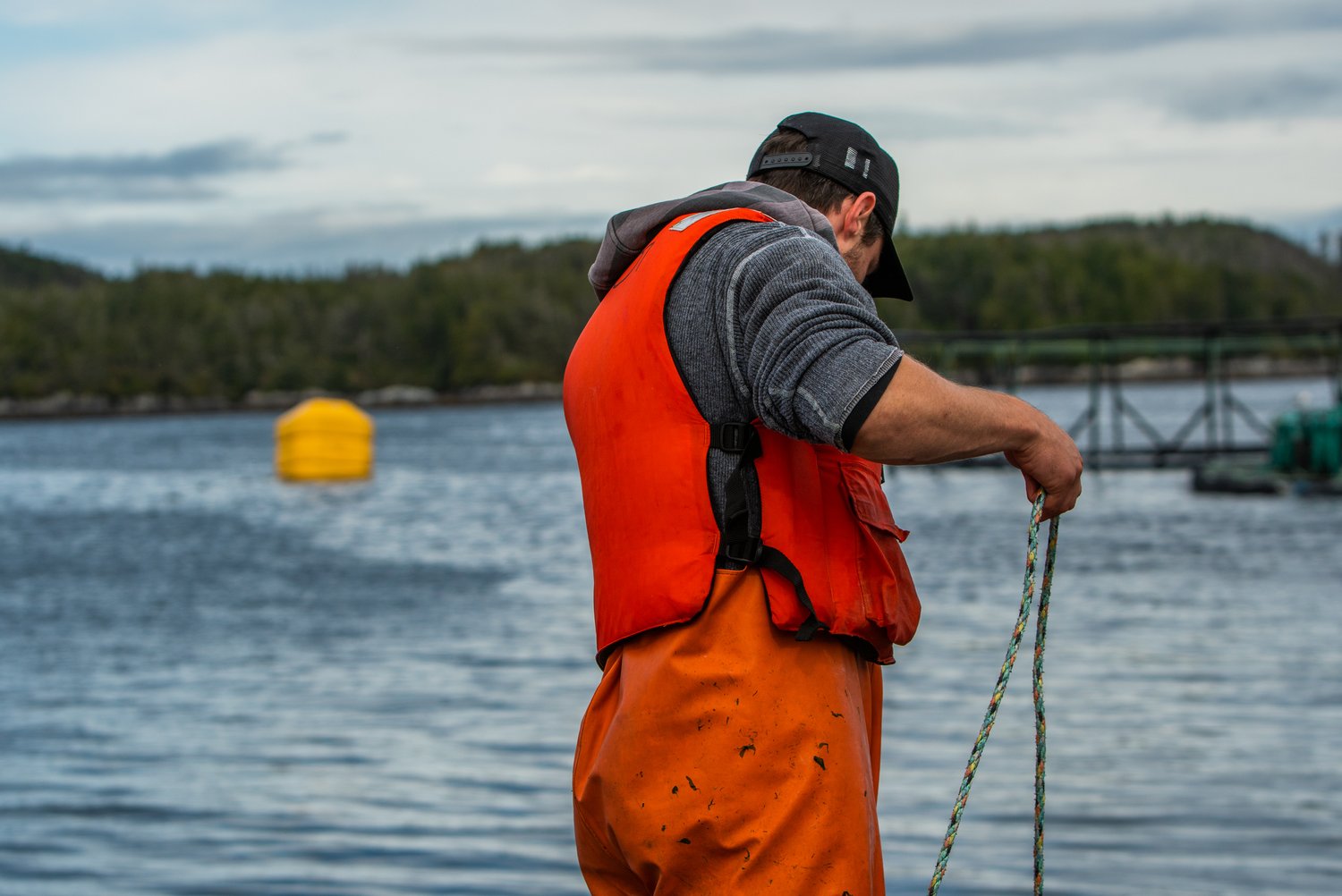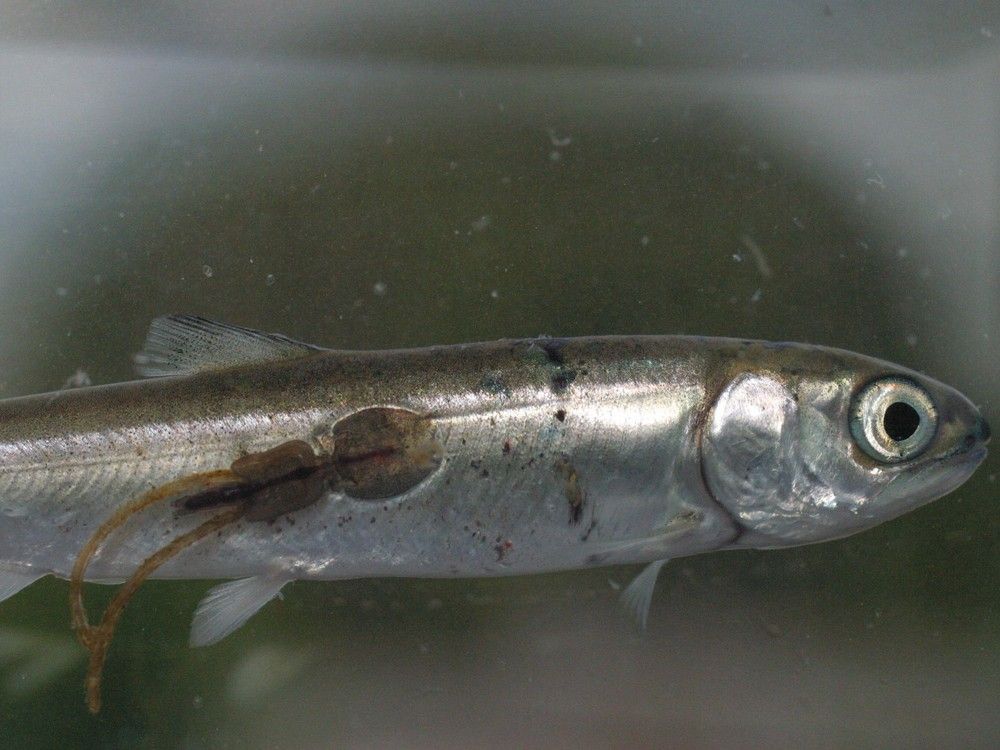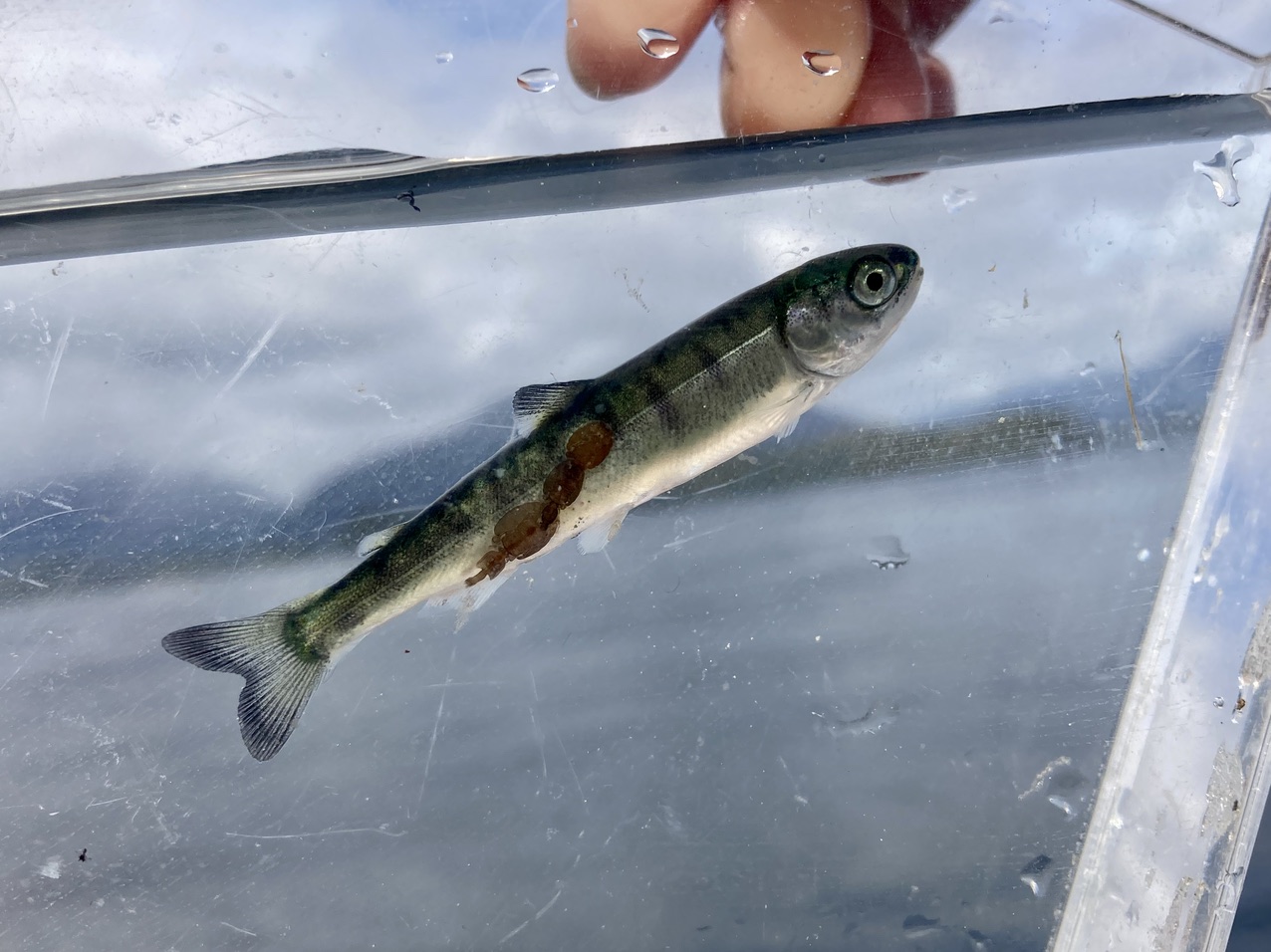They way I read the closed containment/ONP methodology is that currently - the ONP industry receives free pumping, free sewerage disposal and free real estate that allows them to not spend monies on these necessities and thereby pass these increased dividends onto their shareholders - along with the reduced taxes in Canada as compared to Norway.
Where's the impetus for change? Why would ONP multinationals want to change the status quo - irrespective of any potential impacts to adjacent wild salmon stocks - their competitor in the marketplace?
Closed containment - on the other hand - is more expensive due to the additional costs outlined above. There needs to be a higher premium paid for these CC-raised fish - which is hard when they currently compete in a market with ONP-raised fish. That financial reality pushes their product into a "niche" market only where they can get a slight premium. This would all change if we only allowed CC - but that is not currently the case.
And other countries would still do ONP (esp chile) and its like many things - a race to the bottom there wrt environmental enforcement and effects. That's why there is a substantial PR industry attached to this ONP industry - to facilitate the status quo by interjecting doubt - where the Aquaculture Department in DFO is complicit in that deception by rejecting and changing inconvenient science as their jobs and research $ depend upon an existing ONP industry.
As but only 1 example - Simon Jones is an adjunct prof at UPEI - which gets money from DFO, industry and other sources for aquaculture research.
Also, he has tapped into the ACRDP funding that requires industry participation and a veto:
Research projects and events funded by Aquaculture Collaborative Research and Development Program (ACRDP)

www.dfo-mpo.gc.ca
Type his name in the search bar.

www.aquaculture.ca







